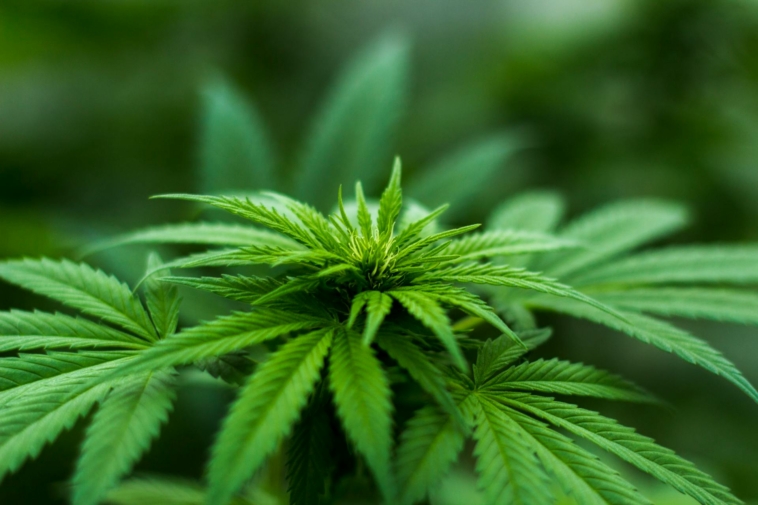Medical marijuana use is on the rise, with over 3 million registered patients in the United States alone. If you’re among them, you might wonder: what’s the best way to consume your medication? Two popular methods—vaping and edibles—each offer unique benefits and drawbacks.
The Appeal of Vaping
Vaping cannabis involves inhaling the vapor from heated cannabis flower or concentrate. This method bypasses combustion, potentially reducing exposure to harmful carcinogens present in marijuana smoke. The effects kick in within minutes, making it easier to control your dosage and find the sweet spot for pain relief or symptom management.
Advantages
- Fast-acting. Relief arrives within minutes, ideal for managing acute symptoms like nausea or anxiety.
- Precise dosing. You can control the amount of cannabis inhaled, allowing for more precise titration of your dosage.
- Discreet. Vaping produces minimal odor compared to smoking, making it a good option for those who need to be discreet.
- Portable. Vape pens are compact and easy to carry, providing convenient access to your medication.
Things to Consider
- Potential health risks. While likely less harmful than smoking, long-term effects of vaping cannabis are still under investigation.
- Higher upfront cost. Quality vaporizers tend to be more expensive than other consumption methods.
- Shorter duration. The effects of vaping typically wear off within a few hours, requiring more frequent dosing.
The Case for Edibles
Edibles, on the other hand, involve ingesting cannabis-infused food or beverages. The psychoactive compounds are absorbed through the digestive system and metabolized by the liver, leading to a significantly delayed onset (30 minutes to 2 hours) compared to vaping. However, the effects of edibles can linger for several hours, offering long-lasting relief for chronic conditions.
Advantages
- Long-lasting effects. Edibles provide extended relief, making them suitable for managing chronic pain or symptoms that require sustained management.
- Variety of options. Edibles come in a wide array of forms, from baked goods to candies, allowing you to find a method that suits your taste preferences.
- Discreet. Edibles are odorless and inconspicuous, making them a good choice for those who need to be discreet.
- Potential for precise dosing. Milligram (mg) labeling on edibles allows for measured consumption, although individual metabolism can influence the effects.
Things to Consider
- Delayed onset. The slow onset can be tricky. It’s easy to overconsume if you don’t wait for the full effects to kick in, potentially leading to unpleasant side effects.
- Dosage control can be challenging. Edibles can have varying potencies, and individual metabolism can significantly impact how your body processes them. This makes it difficult to achieve consistent results, especially for new users.
- Potential for intense effects. The delayed onset can lead to overconsumption, resulting in a stronger-than-desired experience that can be uncomfortable for some users.
Choosing the Right Method for You
The ideal consumption method boils down to your individual needs and preferences. Here are factors to consider:
Your condition
For acute symptoms, the fast-acting nature of vaping might be preferable. Long-term pain management might benefit from the sustained effects of edibles.
Desired onset time
Do you need immediate relief, or are you comfortable with a delayed onset? Vaping provides quick effects, while edibles take longer to kick in, sometimes up to two hours.
Dosage control
How comfortable are you with estimating the appropriate dosage? Edibles require more planning, while vaping allows for more precise control.
Discretion
Is discretion a major concern for you? Both methods can be discreet, but edibles are generally odorless.
Ultimately, there’s no one-size-fits-all answer. Some individuals may find a combination of vaping and edibles works best for their condition. You can use edibles for long-term management and a vape pen for breakthrough symptoms when needed. If you decide to incorporate vaping into your routine, take the time to find the right THC vape for you, ensuring it meets quality and safety standards for the best results.
Essential Tips for Using Medical Marijuana
No matter what method you choose, prioritize safety:
Start low and go slow
This is especially crucial with edibles. It’s a good idea to start with a small dose, then wait a couple of hours before consuming more. This careful approach can help you gauge your tolerance and avoid overconsumption, as edibles often take time to take effect.
Consult your healthcare provider
Open communication with your doctor is vital. They can advise you on appropriate dosages and potential interactions with other medications.
Purchase from a reputable source
This ensures a product that has been tested for potency and purity. Opt for licensed dispensaries if available in your region.
Be mindful of potential side effects
These can include dry mouth, drowsiness, and anxiety. If you experience any discomfort, lower your dosage or discontinue use altogether.
Final Thoughts
Remember: You are the ultimate authority on your body and your treatment plan. Experimentation with different methods under the guidance of your healthcare provider can help you discover the approach that best alleviates your symptoms and improves your quality of life. With careful consideration and responsible use, medical marijuana can be a powerful tool for managing a variety of chronic conditions.

